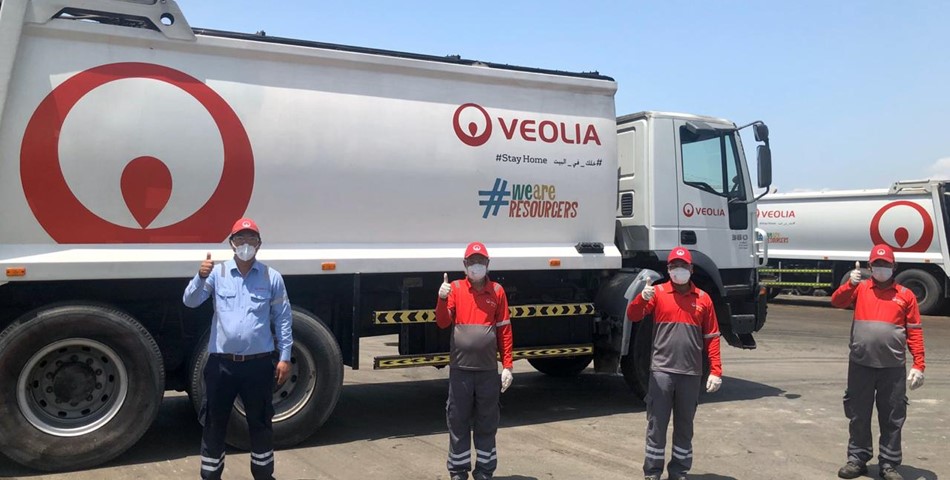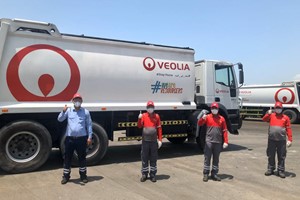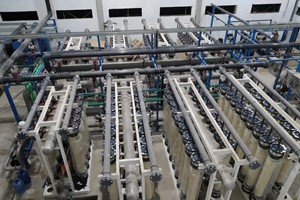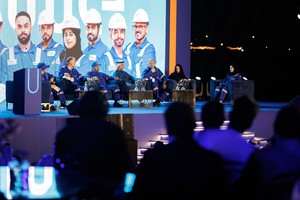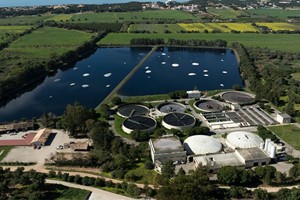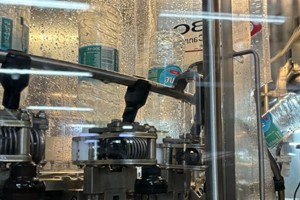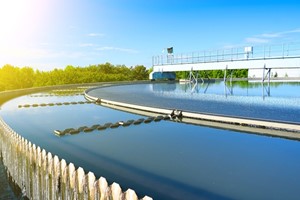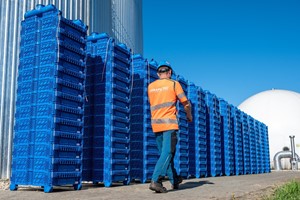Given the unprecedented health crisis the world is currently facing, Veolia is fully mobilised to safeguard the continuity of essential services, while also protecting the health of its employees, the Group’s two absolute priorities.
Since the beginning of the crisis, Veolia has put in place business continuity plans that focus primarily on producing and supplying drinking water and treating wastewater, preserving waste collection operation, safeguarding energy management activities in cooling networks, performing industrial on-site services to ensure industrial continue to operate and upholding its activities processing hazardous waste, which is vital to maintaining key industrial operations.
In the UAE, 1000 men and women of Veolia, who are highly experienced in managing crisis, draw on the Group’s solid organisation and tried and tested methods to carry out their duties, even in the most difficult and critical conditions.
Supplying drinking water without interruption
In order to maintain the quality and availability of its services, Veolia has activated a business continuity plan to protect its operations for its desalination plant in Fujairah.
Veolia teams continue to guarantee the supply of perfect quality drinking water in sufficient quantities, in all circumstances. To make this possible, Veolia has organised its operational and support services to continuously maintain the level of staffing required to keep its activity ticking over.
Tap water is perfectly suitable for drinking. The water supplied has systematically undergone various stages of treatment, including disinfection, which is designed to eliminate all viruses, as well as the coronavirus. The World Health Organization (WHO) has confirmed that the virus has not displayed any resistance to the standard treatment applied to drinking water.
Protecting the environment by treating wastewater
Each day, Veolia employees are working hard to keep communities safe and continue providing essential services and to safeguard continuity in public water services, which also covers wastewater treatment as cleaning wastewater is essential to uphold public hygiene and protect the environment.
Veolia teams have put in place resilient organisation in order to ensure the continuity of operation of its wastewater treatment plants of Ajman, Abu-Dhabi and Al Ain. While important in everyday life, it is imperative in a time of crisis that people remember some items cannot be flushed down the toilet. Waste items such as disinfectant wipes, tissues and all paper other than toilet paper, dental floss, cat litter, medication, cooking fat and even nappies are found in wastewater, even though they should be thrown in the bin.
These items clog up pipes in homes and wastewater treatment facilities. Some users seem to ignore the severity of the environmental and financial consequences of disposing of waste in this way, which pollutes natural environments and creates an imbalance in the ecosystem.
When people do the right thing and throw away their waste properly, it is a sign of respect and support for the operatives working each day on the ground, combating the pandemic and maintaining good standards of household hygiene to guarantee health security. It is important to try and help the heroes on the ground and allow them to concentrate on the job they are there to do.



